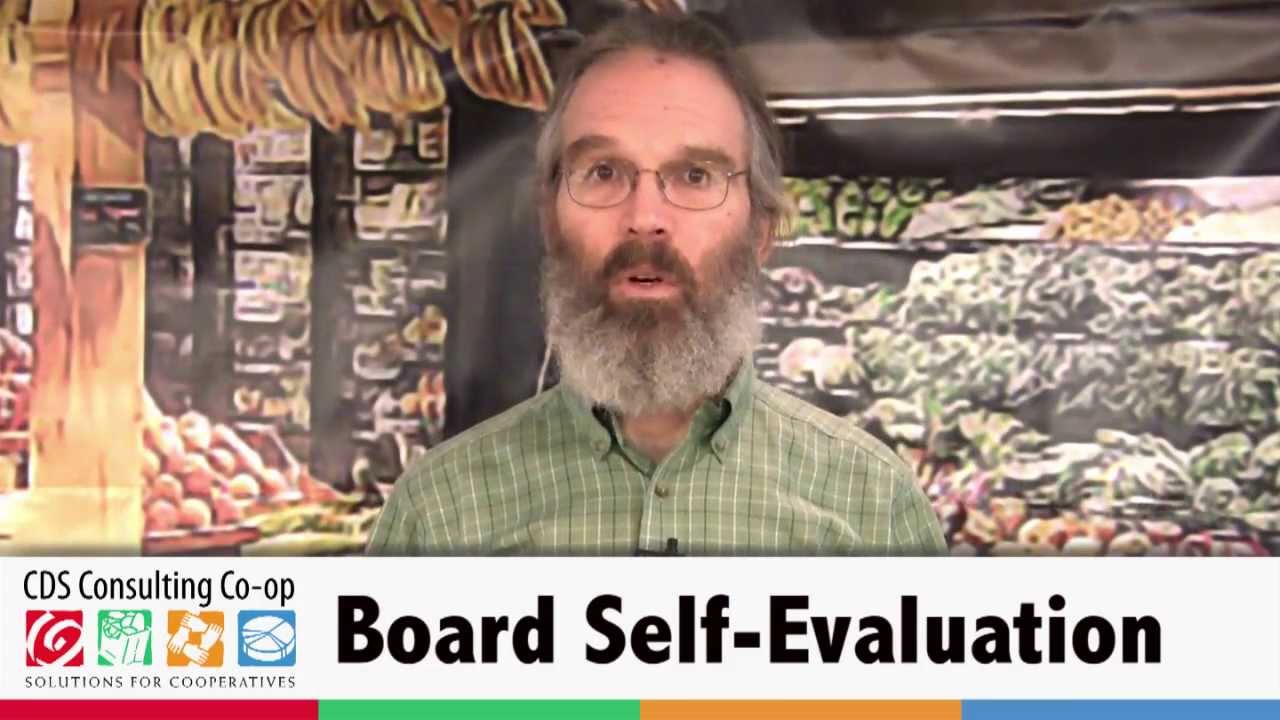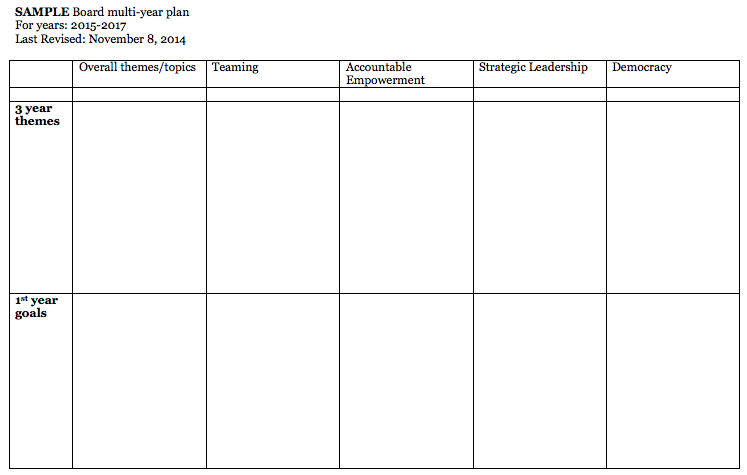Video Field Guide: Introduction to the Four Pillars
Succinct introduction to the Four Pillars of Cooperative Governance: Teaming, Accountable Empowerment, Democracy and Strategic Leadership, and how these concepts strengthen co-ops and communities. This video is a fantastic resource for board training and team-building sessions.
Orienting New Directors
An effective orientation for new directors can help your board quickly integrate and benefit from the contributions of its newest members – shortening and decreasing the intensity of the naturally occurring “storming” phase that occurs when integrating new members into your team. While there will still be plenty of “on the job” learning during the first several board meetings, a good orientation process can [...]
Nominating Board Candidates
“Whenever the people are well-informed, they can be trusted with their own government.” -- Thomas Jefferson “You have to remember one thing about the will of the people: it wasn't that long ago that we were swept away by the Macarena.” -- Jon Stewart Why screen and nominate? Screening and nominating candidates makes sense. More and more, co-op boards are recognizing that finding [...]
Case Study: Open Book Management Changes Co-op Culture
Mississippi Market St. Paul, MN Year founded: 1979 Equity investment: $90 Number of members: 15,500 Number of employees: 210 Retail locations: Selby Ave., West 7th, and Dayton’s Bluff opening Sept. 2015 It started with the results of an employee satisfaction survey. In 2012, Mississippi Market’s management learned some staff questioned the co-op’s growth plans, and they perceived it was having a negative impact on [...]
4 Pillars of Cooperative Governance Self-Assessment Tool
Boards can use this survey tool to do a broad, self-assessment of their own work. It utilizes the 4 Pillars of Co-op Governance as an organizing lens with some broad, key characteristics to fit under each Pillar: Teaming, Accountable Empowerment, Strategic Leadership and Democracy. By asking team members to fill out the survey and then reviewing the data, a group can build a broader [...]
Policy Governance Quick Guide
Policy Governance is an operating system for boards of directors. As with operating systems for computers, the system itself is not the point of the board’s work; the system simply provides an underlying framework on which boards can build further agreements and activities. Policy Governance does not mandate specific decisions, but does highlight the kinds of decisions a board should make. These decisions [...]










